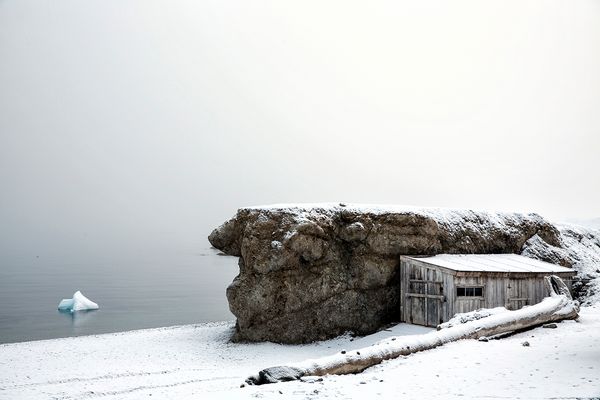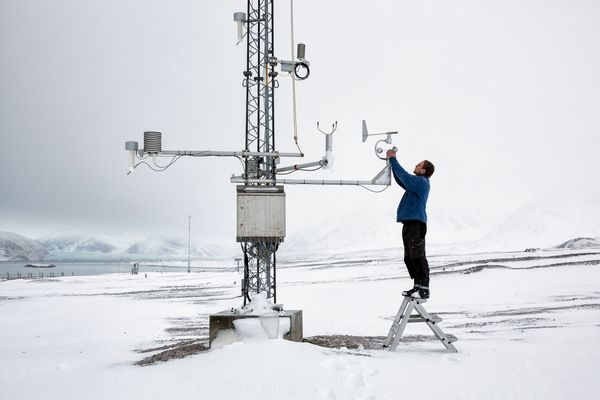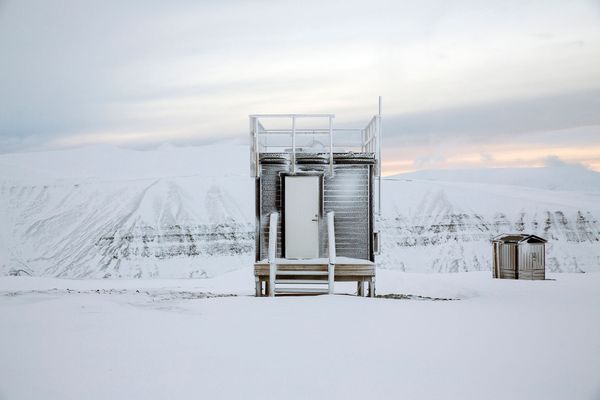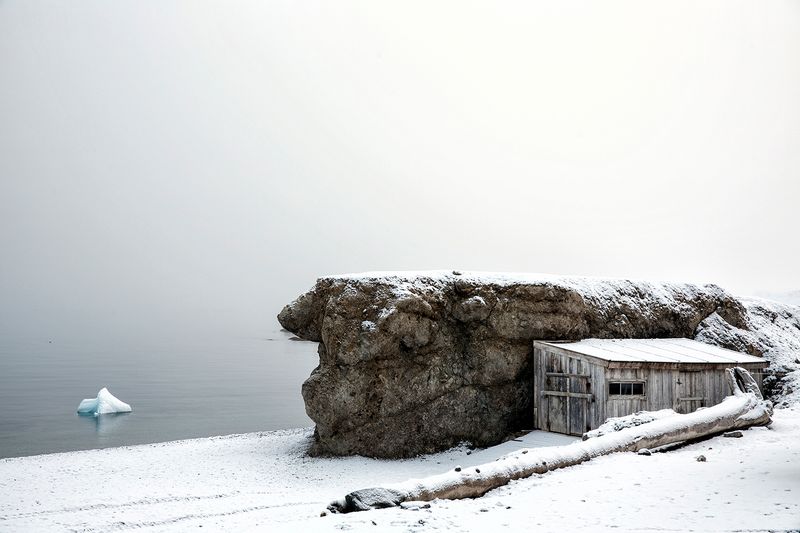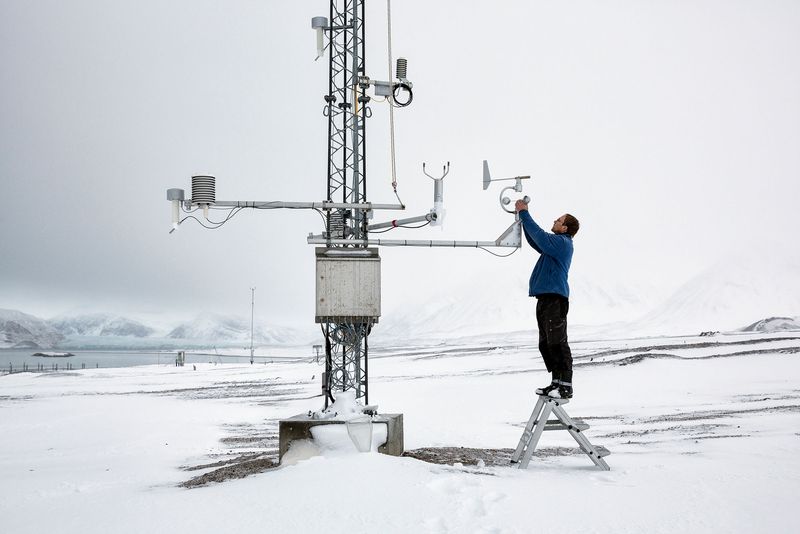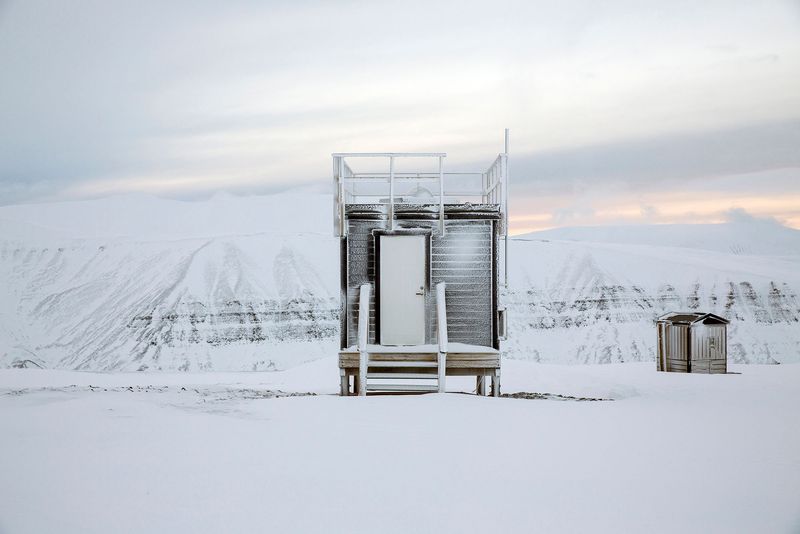Observing Global Climate Change in the High Arctic
-
Published19 Oct 2017
-
Author
Photojournalist and researcher Anna Filipova spent time at the largest laboratory for modern Arctic research as part of her long-term exploration of the changing polar environment.
Photojournalist and researcher Anna Filipova spent time at the largest laboratory for modern Arctic research as part of her long-term exploration of the changing polar environment.
For the past 5 years, Anna Filipova has been exploring the Far North with the aim of shedding light on pressing environmental issues. At the forefront of global climate change, the Arctic and the evidence it discloses are often overlooked as remoteness and inaccessibility rhyme with invisibility. “For me, the Arctic is one of the most fascinating places on earth, but also one of the most endangered. The Arctic is constantly moving and shifting, melting, reforming, appearing and disappearing. The weather changes, erases, creates, or simply hides the land,” she explains.
Her images thus flirt with fiction as the scenes she captures have a surreal element - small man-made structures punctuating a vast monochromatic landscape, adding textures and colours to what would otherwise seem immutable. “The Arctic region produces an abiding sense of dislocation in those who go there. Here rocks, land, ice and ocean gradually give way to a progressive whiteness”, she describes it.
To convey the human experience within this inhospitable but critical ground, she travelled to the northern most settlement - one located on the 79th parallel and housing the largest laboratory for modern Arctic research. Located on Spitsbergen island, the scientist-only station of Ny-Ålesund is entirely designed to identify, assess and track changes within the environment.
“From the first day I arrived I was immediately fascinated by the order of measurement”, Filipova explains. “Extreme weather has long dictated the law to all those who live and work here. The people who chose to come here are a long way from the conservative and safe stereotype of the scientist in a cosy lab - the scientists in Ny-Ålesund are driven by the sense of adventure and excited by the uniqueness of the place. It is a stoical spirit that can handle the remote access, raw nature and harsh conditions along with long periods of either darkness or continuous sunlight.”
Beyond the adventure, Ny-Ålesund most importantly provides an undeniable testimony of climate change. “Over the years, Ny-Ålesund research station has been visited by many significant figures: John McCain, Hilary Clinton, and Ban Ki-moon among others, as it is a place where the consequences of climate change can be seen clearly in the surrounding landscape and where they can speak with and learn from the scientists that come from all over the world. Research stations such as Ny-Ålesund are an integral and crucial resource for policy makers and global enterprises and indeed for every inhabitant of this planet - as these changes in the Arctic climate affect the systemic ecological changes in the rest of the world”, Filipova concludes.
--------------
Anna Filipova is a photojournalist and a researcher based in Paris. For the past few years, she has been focusing on the Northern parts of the world, where she explores social and environmental topics based in remote and inaccessible areas. Follow her on Twitter.
Laurence Cornet is a writer and curator based in Brooklyn focusing on cultural and environmental issues.
--------------
Getting Closer presents photographic works, mainly in a documentary vein, that speak about the causes and consequences of environmental degradation.
